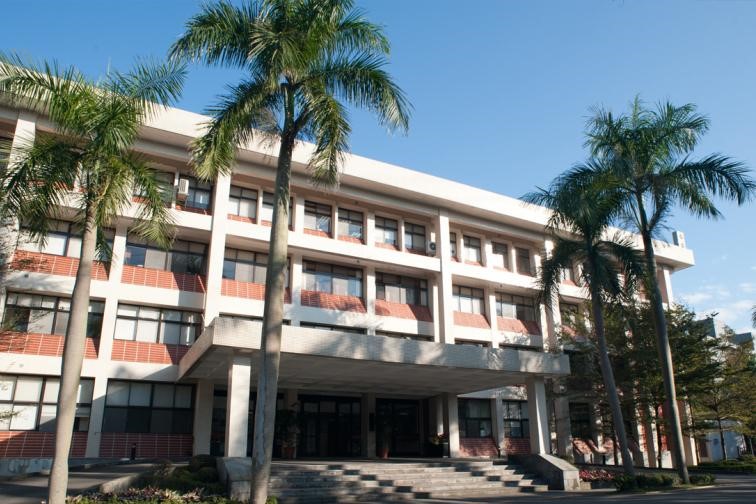- Lectures
- Institute of Biomedical Sciences
- Location
B1C Auditorium, IBMS
- Speaker Name
Dr. Byron Hung-Chih Chen (Project Research Scientist, IBMS)
- State
Definitive
- Url
The gut microbiota, a dynamic community of microorganisms inhabiting the digestive tract, play a dual role in influencing health and disease in animal models and patients. This impact is mediated through metabolites produced directly or indirectly by gut microorganisms. While substantial evidence exists regarding the influence of gut microbiota on cardiovascular diseases, gaps persist in understanding of its role in post-injury cardiac repair. Initially, we investigated the influence of gut microbiota on cardiac repair following myocardial infarction (MI). Our experiments using antibiotic-treated mice and germ-free mice revealed a markedly increased mortality rate post-heart injury, which could be rescued by supplementation of Lactobacillus and short-chain fatty acids. Subsequently, we analyzed clinical samples from individual suffering the most severe type of heart attack, ST-elevation myocardial infarction (STEMI), identifying butyrate-producing bacteria and their ketogenesis products as pivotal for post-STEMI cardiac repair. Through direct cultivation and experiments in mice with controlled microbiota, we demonstrated the ability of butyrate-producing bacteria to generate β-hydroxybutyrate, which support cardiac function both in vitro and in vivo post-injury. Furthermore, we validated these findings in a non-human primate model of cardiac ischemia/reperfusion, underscoring the significance of butyrate-producers and their ketogenesis in cardiac repair process. These results highlight the critical role of butyrate-producing bacteria and their ketogenesis in post-injury cardiac repair, sheding new lights on the gut-heart-axis.









 Home
Home

